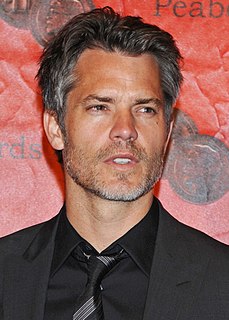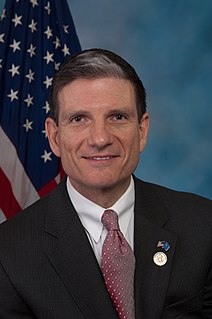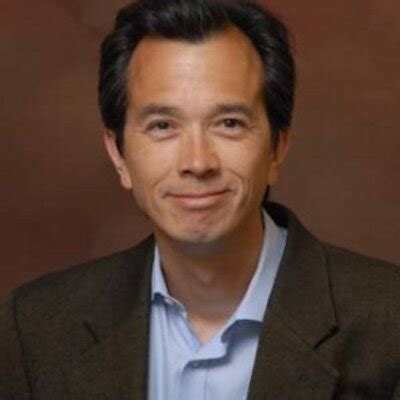A Quote by Philip Arthur Fisher
I had made what I believe was one of the more valuable decisions of my business life. This was to confine all efforts solely to making major gains in the long-run.
Related Quotes
A hundred years ago-even 20 or 30 years ago-it was possible, if not always easy, to close major business by calling on and satisfying a key decision-maker. Today, every piece of business entails multiple decisions, and those decisions are virtually never made by the same person. Not only do you have to contend with multiple decisions, but the people who make those decisions may not even work in the same place.
Part of making good decisions in business is recognizing the poor decisions you've made and why they were poor. I've made lots of mistakes. I'm going to make more. It's the name of the game. You don't want to expect perfection in yourself. You want to strive to do your best. It's too demanding to expect perfection in yourself.
This is how life works. Deciding whom to love is not an alien form of decision-making , a romantic interlude in the midst of normal life. Instead, decisions about whom to love are more intense versions of the sorts of decisions we make throughout the course of our existence, from what kind of gelato to order to what career to pursue. Living is an inherently emotional business.
Everything in life and business, you only earn more if you become more valuable. Because if you can do more for people than anybody else does, you can prosper. But you can't do that unless you're constantly educating yourself with the cutting edge. My whole life, even when I had no money, I would invest in education.
Strategic planning is the continuous process of making present entrepreneurial (risk-taking) decisions systematically and with the greatest knowledge of their futurity; organizing systematically the efforts needed to carry out these decisions; and measuring the results of these decisions against the expectations through organized, systematic feedback.
You can sort of see elements of Donald trump policy in different walks of life. Brazil and France have a long history in intervening in business decisions to protect local jobs. What I don't think we see is much evidence that in the long run those types of tactics make much difference, when the economics of production are pushing in the other direction.

































